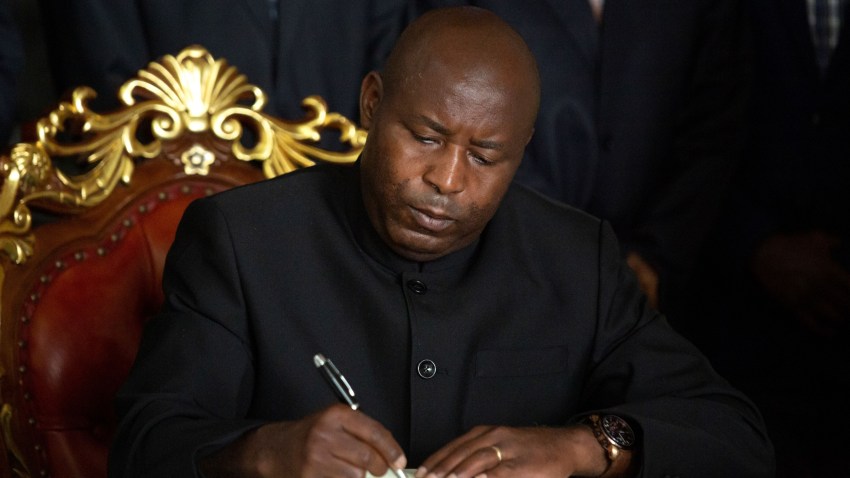In early July, Burundi’s delegation to the United Nations Human Rights Committee, or HRC, walked out of a meeting to review the country’s human rights landscape, in protest of the presence of civil society members—including Armel Niyongere—whom it characterized as “criminals convicted by Burundian justice.” In recent years, Burundi has taken some steps to improve its human rights record. But the HRC walkout renewed concerns about the credibility of the East African nation’s reforms.
Burundi’s human rights landscape took a marked turn for the worse in 2015, when former President Pierre Nkurunziza triggered a constitutional crisis by standing for a third term. As the crisis intensified, Nkurunziza’s government began targeting political opponents with assassinations, torture and disappearances, a crackdown that continued throughout the third term he subsequently served. As a result, by the time Nkurunziza died in office in 2020, Burundi had become a pariah state.
Upon succeeding Nkurunziza, President Evariste Ndayishimiye reversed some of his predecessor’s repressive measures, lifting restrictions on the media and civil society and releasing jailed activists. That raised hopes that Ndayishimiye’s promised reform agenda might deliver substantive results.

